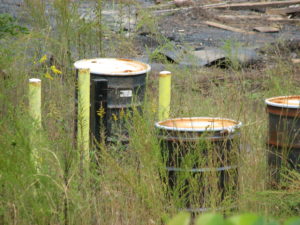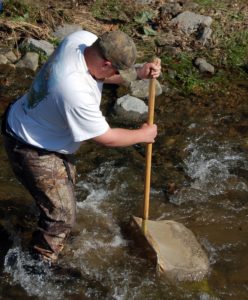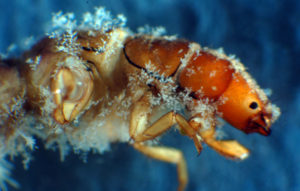Environmental Consulting
A Toxicity Reduction Evaluation (TRE) is a site-specific study to identify the causes of effluent toxicity, isolate the sources of toxicity, evaluate the effectiveness of toxicity control options, and then confirm the reduction in effluent toxicity. A Discharger undergoing a TRE must choose a consultant that has: (1) the experience with the design of the study, (2) familiarity with a multitude of discharger specific situations and (3) the technical expertise in the areas of toxicology and chemistry.
If you are required to perform a TRE, let BMI show you how the design and implementation of a tailored plan will save you money while answering specific regulatory concerns.
Permit Negotiation – BMI has been interacting with regulatory agencies on behalf of public and private clients for permit evaluations, modifications and negotiations. Regulatory agencies make many assumptions to establish NPDES permit limits. These assumptions reflect many variables such as:
- the characteristics of the Mixing Zone
- the identification of Resident Species
- the effects of upstream discharges on receiving water quality
If permit limits cannot be met based on these assumptions, actual data, not assumed values, may be necessary to obtain reasonable permit limits. A permittee may desire to negotiate the renewal of a permit with actual data values. Since the generation of actual data points to establish permit limits requires time, contact BMI to determine your potential needs today.
Chemical Translator Studies – By regulation, the permit limit of metals, in most instances, must be expressed as total (recoverable) metals. This number reflects both dissolved and adsorbed or particulate forms of metal. It is the dissolved metals fraction that poses a potential toxicity risk to aquatic organisms, therefore, a translator must be used to determine the acceptable permit level of total metals that can be discharged into the receiving water.
BMI conducts Chemical Translator studies and advises clients on the best methods for developing a site specific water quality criteria in order to gain permit relief. This includes the use of Resident Species when the Indicator Species used to develop the limits is not native to the habitat and Recalculation of the permit limits based on the study.



Other Environmental Consulting Services
Whether the decision to engage in a Pollution Prevention (P2) program was mandated by the regulatory community or is being initiated voluntarily, BMI will assist in both the design and implementation of an effective, goal-oriented P2 strategy.
The implementation of a pretreatment program requires an awareness of industrial and municipal concerns. BMI has the experience to implement reasonable pretreatment programs, which are amicable to industrial clients, municipalities, regulators, and the environment.
An ERA is a preliminary step undertaken to develop a plan to restore waters that have exceeded the Total Maximum Daily Load (TMDL); the amount of a pollutant that a waterbody can receive and still meet water quality standards. BMI has the experience and expertise to formulate the problem, quantify the ecological effects, and characterize the overall risk.
A UAA is a process that is used when a waterbody’s designated use is not an “existing use” and attaining the designated use is not feasible because of natural or human-caused conditions. Let BMI determine water quality standards that accurately characterize site-specific conditions.